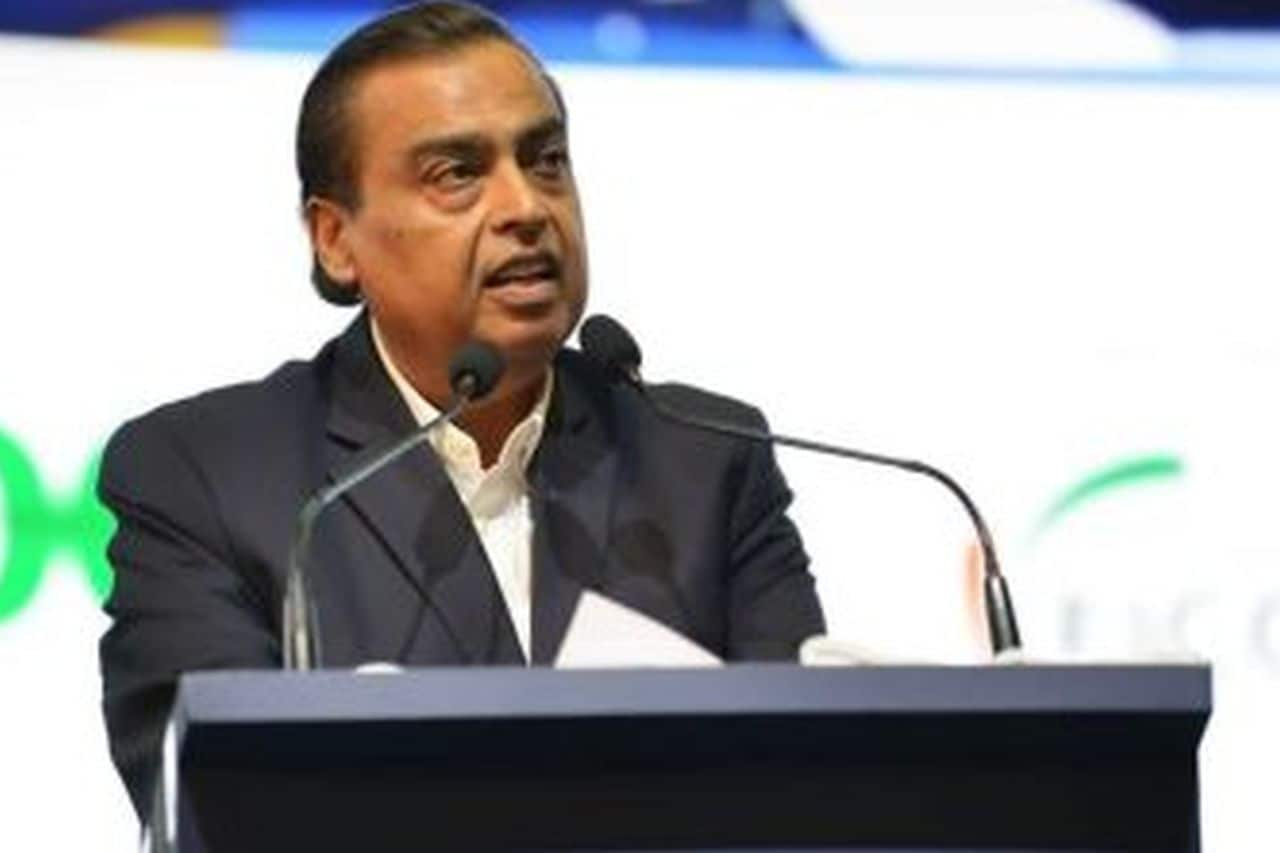HomeMarket NewsUS Fed needs clearer signs before any cut, says JPMorgan’s Jahangir Aziz
Jahangir Aziz, Head of Emerging Market Economics Research at JPMorgan, said the absence of a formal letter on the India-US trade deal shouldn't be seen as a negative sign. Instead, it indicates that both countries are engaged in serious, in-depth discussions.
A US rate cut is unlikely before December as the Federal Reserve is waiting for clearer signs of inflation or labour market slowdown, says Jahangir Aziz, Head of Emerging Market Economic Research at JP Morgan.
"They aren't comfortable changing the interest rate" until the data supports it, he said, adding that the July Federal Open Market Committee (FOMC) meeting is “way too early” for any policy move.
On the India-US trade deal, Aziz stated that the absence of a formal letter should not be viewed negatively. Instead, it shows that both sides are engaged in serious, detailed discussions. “The fact that India hasn't received a letter means the US is taking India's views seriously,” he said. However, pushing for a comprehensive agreement in a few months is not realistic, as “typically, trade deals take about three to four years.”
Aziz stated that markets are no longer reacting strongly to trade-related headlines, possibly because they expect eventual compromises. Even with headline tariffs of 25–50% on major trading partners like Japan, South Korea, and Brazil, market sentiment has stayed largely stable. This may be because effective tariffs are often lower due to exemptions. Citing Taiwan’s case, he said, “Almost 80% of Taiwan’s exports, which are semiconductors, is exempted.”

While the US has seen a surge in tariff revenues, around $24–25 billion in May alone, Aziz cautioned against assuming this will continue or fix the fiscal gap. He dismissed the narrative that tariffs could eliminate the budget deficit, saying it assumes import behaviour won’t change. In reality, importers have been front-loading shipments to avoid future tariffs, which could distort revenue trends in the future.
Also Read: Fed unlikely to cut rates before December, says ING’s James Knightley
Moreover, the burden of tariffs hasn't yet been felt by consumers. Companies have absorbed the costs, which raises questions. Aziz asked, “Are they taking that on their margins because they don't want to lose market share, or... because the consumer demand is so soft?”
For the entire interview, watch the accompanying video
(Edited by : Unnikrishnan)

 1 month ago
1 month ago









